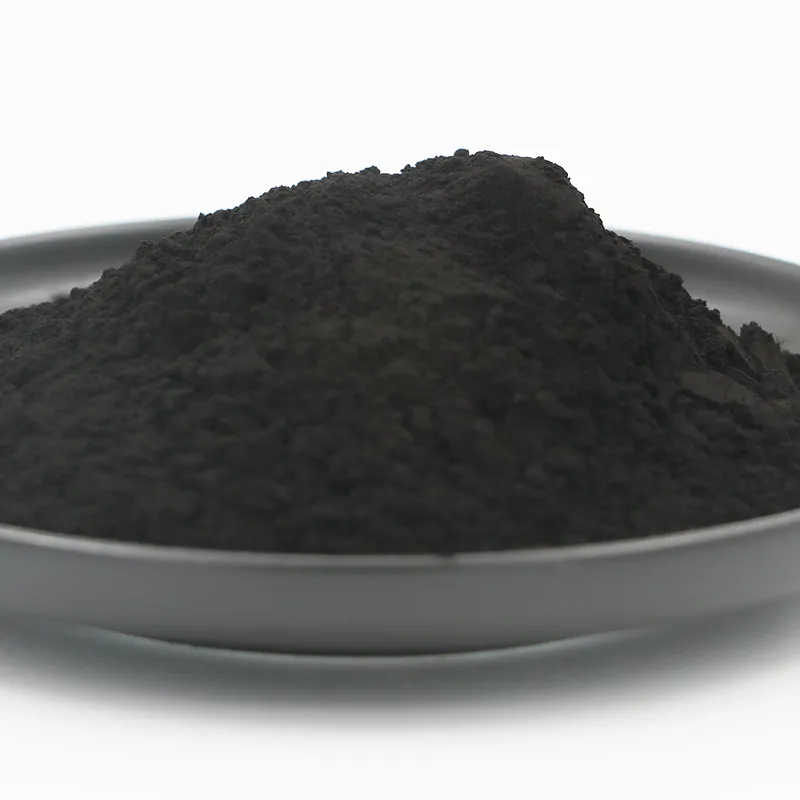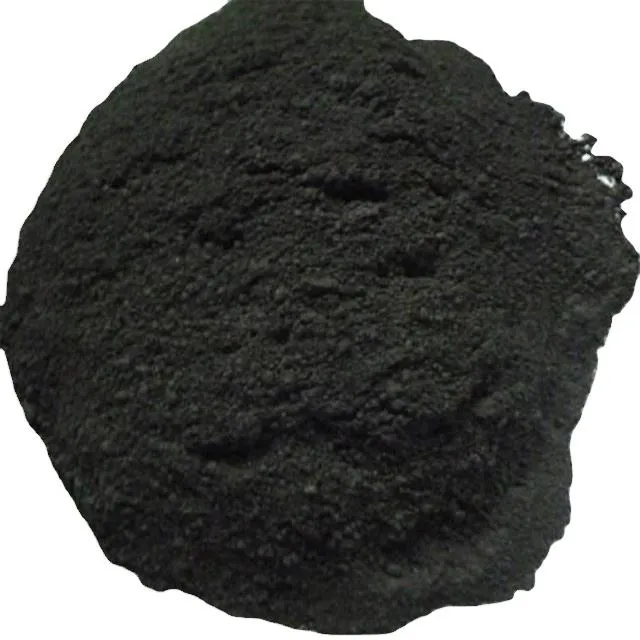Buy Bituminous Gilsonite Emulsions Types + Price
Emulsifiers are needed in both gilsonite and bitumen
However, gilsonite is a natural substance whose composition varies depending on its origin, date of formation, geographic area, and the presence of other minerals such as sulfur, phosphorus, and others
So, it is not surprising that gilsonite does not have a definite composition
It is usually a hydrocarbon, and some of the carbon is in the form of volatiles that evaporate easily, as in gilsonite
There is also an inert material, either metallic or containing carbon, which forms the ash
During the formation of natural bitumen, complex chemical compounds are also formed, some of which may have toxic properties
Thus, Gilsonite technology is very difficult and important to use
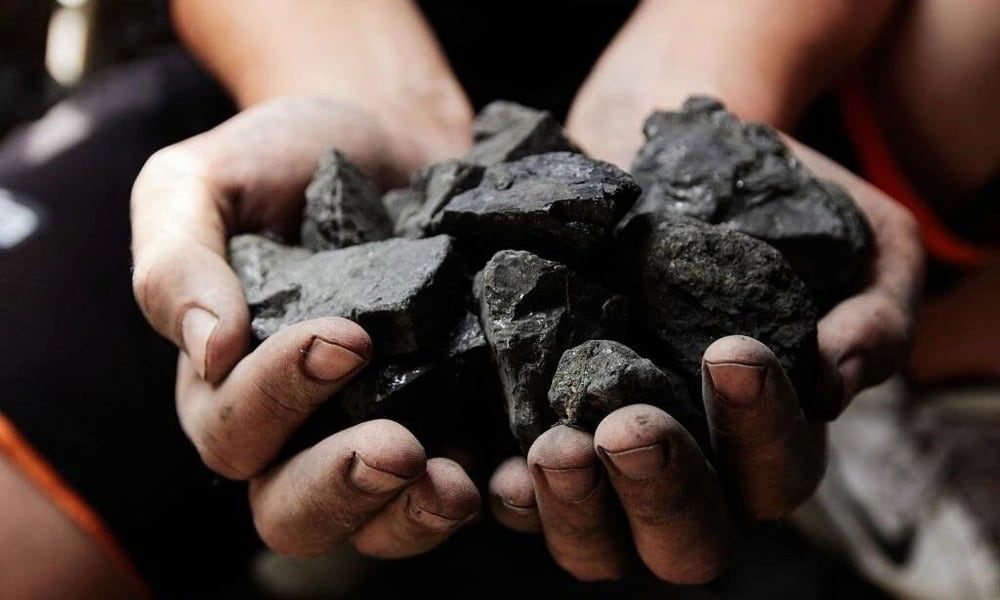
Gilsonite
Bituminous materials or asphalt are widely used in road construction primarily because of their excellent bonding properties, water resistance properties and relatively low cost compared to other bonding materials
Bituminous materials consist of bitumen, which is a hard or viscous binder material of black or dark color, consisting mainly of high molecular weight hydrocarbons obtained from the distillation of petroleum or natural gilsonite asphalt powder , which has adhesive properties and is soluble in carbon disulphide
Tar is a residue from the destructive distillation of organic substances such as coal, wood or oil and is more temperature sensitive than bitumen
Bitumen is soluble in petroleum oils because it is different from tar
Gilsonite is very similar to asphalt
which many authors consider a species
Asphalt gets wet quickly due to the warmth of the hands or sunlight
However, gilsonite is not affected by heating below the boiling point of water
Not all gilsonites have the same melting point, varying greatly from about 230 degrees Fahrenheit to 500 degrees Fahrenheit depending on the vein from which the sample was taken
Some large veins contain more than one type of gelsonite
Give evidence of fluctuations that affected the substance during filling of the vein
polymerization and weathering
When melted, gelsonite melts like a pitch and compresses the air, supporting combustion
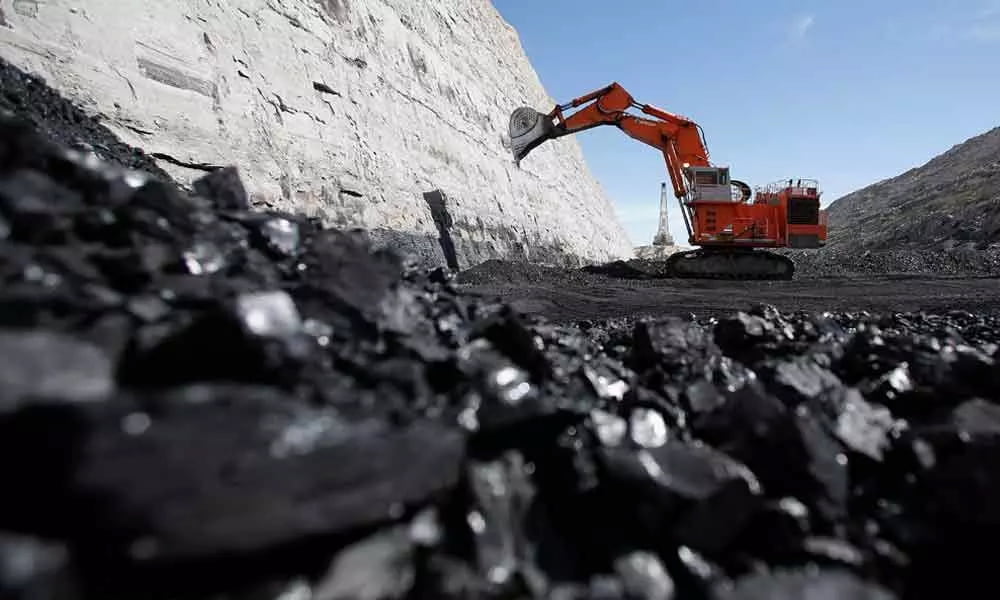
Gilsonite-powder-msds
What is gilsonite?
Natural gilsonite is not dangerous and non-toxic
It is a very pure resinous rock, consisting of a complex mixture of different types of hydrocarbons
Rich in nitrogen, beta-carotene and low in sulfur, this unique natural blend is what makes american gilsonite so special
Its unique chemical and physical properties make gilsonite a highly effective multipurpose additive that is also a cost-effective solution
Gilsonite is soluble in cyclic hydrocarbon solvents, aromatic solvents and chlorine
The solubility of this substance in most ketones is limited, but it is soluble in mixed aromatic solvents containing an organic compound element
Gilsonite is insoluble in water, alcohol or acetone
Gilsonite or asphalt is a black mineral with high viscosity, the structure of which includes dissolved solid hydrocarbons
Bitumen is commonly found in mines
The melting point of this hard metal is relatively high, and its sources are in the states of Colorado and Utah in the USA
Although other sources are found in countries such as Colombia and Iran, where a large amount of this mineral is mined
Gilsonite, which is mined from underground mines, is similar to the mineral obsidian, has a black color and a shiny appearance
This compound was discovered in 1860, and about 25 years later it was sold by a man named Samuel Gilson as a varnish, electrical insulator, and waterproof compound
Gilsonite is classified as soluble in oil solutions such as 2CS or TCE
This material is the main component of carbonaceous gilsonite
It also includes several other epochs including nitrogen, sulfur and some volatile compounds
Asphalt is a hard, hard material and is made up of many naturally occurring bitumens whose main compound, asphalt, contains many large particles
Asphalt color from dark brown to black
It is insoluble in a solution of naphtha, which is an oil derivative, and therefore requires heat to release the oil content
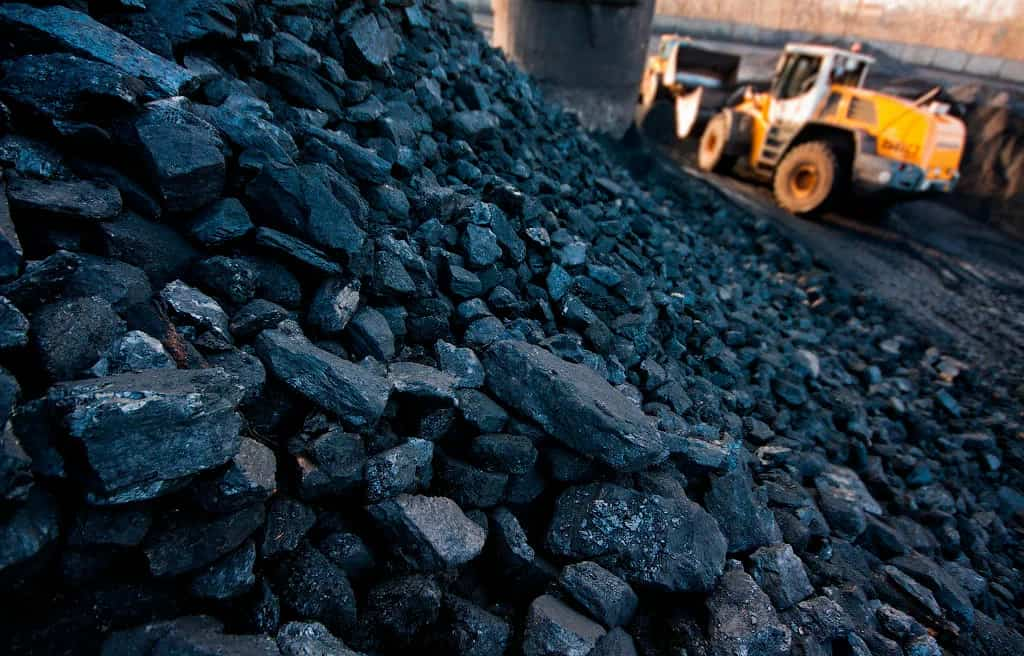
Gilsonite-mix-cement
Gilsonite properties
Gilsonite Properties: Gilsonite is completely soluble in common solvents such as gasoline or benzol unless it is recondensed with these solvents, such as at high temperature
Properties gilsonite has a melting point in the range of about 150°C to 220°C
(ball and ring method) and an ash solution, so it is not very suitable as an impregnation, for example, for brake linings, since most of the colloid remains on the surface when impregnating is attempted
The physical properties of gilsonite are included in the concept of durable gelsonite, known as asphalt
Gilsonite reserves are found in eastern Utah within the associated states
It differs from other bitumens due to: – high percentage of asphalt – high solubility in natural solvents – long service life and reliable properties – high atomic weight – high nitrogen content
At room temperature, gilsonite is a semi-rigid thermoplastic solid that shrinks with increasing temperature and solidifies with decreasing temperature
This is because gilsonite must be heated and liquefied for final processing and use
Viscoelastic gilsonite is also viscoelastic
For example, they exhibit elastic-solid behavior under short loads and viscous fluid behavior under long-term loads
Gelsonite’s polar molecules allow it to cling to other molecules, making it sticky and water resistant
The natural properties of asphalt, which includes sedimentary rocks, were formed in wide and low tropical swamps intersecting with large rivers and covered with forests of primitive animals
The remains of animals are preserved here from biodegradation and oxidation by mud and water
Asphalt’s natural properties are usually black, but sometimes it appears blackish brown
There are four main classes or types of natural bitumen asphalt based on its age
Start with the lowest and lowest carbon content
In terms of toxicity and environmental pollution, current technologies are well developed to reduce exposure to acceptable levels
Please don’t worry to use it

Gilsonite-asphalt-powder
What is bitumen?
Bitumen is a black, pasty substance used to seal off moisture and create asphalt
There are different types of bitumen and each one is designed for a specific application
Bitumen is a derivative of oil
It is a black to dark brown hydrocarbon that is completely soluble in carbon disulfide and carbon tetrachloride
Bitumen hardens at ambient temperature
But when the temperature rises, it turns into a paste, and then becomes liquid
The important use of bitumen plastic is due to the presence of two important properties in this substance: * Impervious to water * viscosity Some types of bitumen are obtained in nature as a result of the gradual transformation of crude oil and the evaporation of volatile substances over many years
This bitumen is called natural bitumen and is more durable than petroleum bitumen
Such bitumen may be pure in nature (lake bitumen), such as the Behbehan bitumen lake in Iran and the Trinidadian bitumen lake in America, or it may be recovered from mines
This is a very complex material that has been known to people for a long time and has been used in the production of building materials, decoration, prosthetics, waterproofing ships and even taxidermy
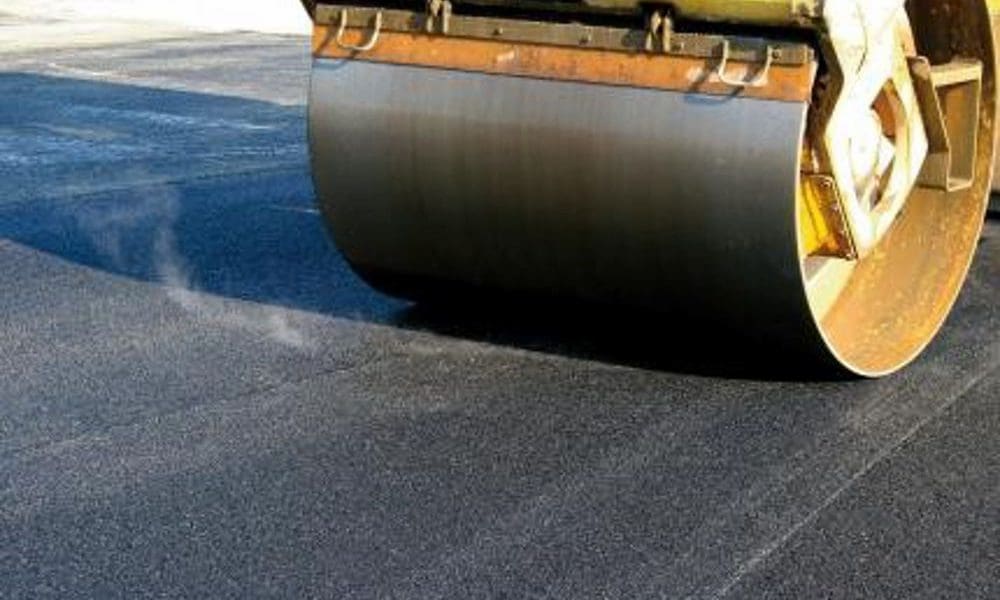
In fact, it was natural bitumen, which was used by human ancestors in the past, and it was used in the construction of roads at the end of the 19th century, and finally, with the discovery and processing of oil and the creation of bitumen tailings, the road was opened
Bitumen is widely used in road construction
Today’s bituminous asphalt pavements provide very smooth and safe roads for light and heavy vehicles, high quality runways for planes to land and take off, and even excellent infrastructure for trains
Waterproofing for construction and industrial applications such as protective coatings for oil and gas pipelines and power lines all point to the water repellency of bitumen
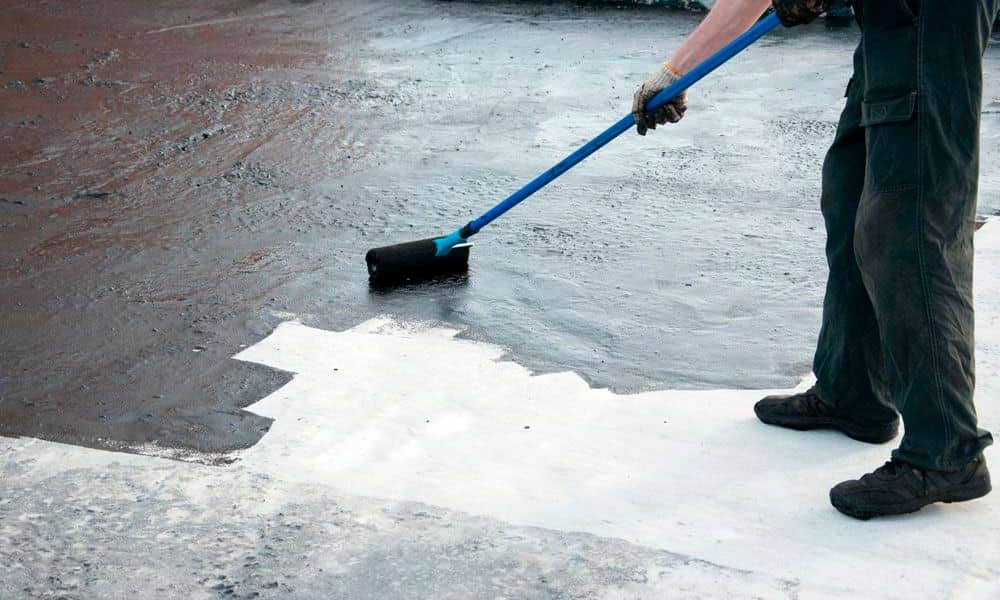
Bitumen properties
Below are the properties of bitumen
– adhesion: The adhesive property of bitumen binds all components together without causing positive or negative changes in their properties
Bitumen has the ability to adhere to a solid surface in a liquid state, depending on the nature of the surface
The presence of water on the surface prevents it from sticking
Waterproof:
Bitumen is insoluble in water and can act as an effective sealant
Bitumen is waterproof
Under certain conditions, water can be absorbed by minute amounts of inorganic salts in the bitumen, or the filler contained therein
Hardness:
To measure the hardness of bitumen, a penetration test is performed, in which a penetration depth of ten millimeters is measured
From a needle suspended in bitumen after a certain time at a known temperature
Typically, a 100-gram weight is applied for 5 seconds at 77°F
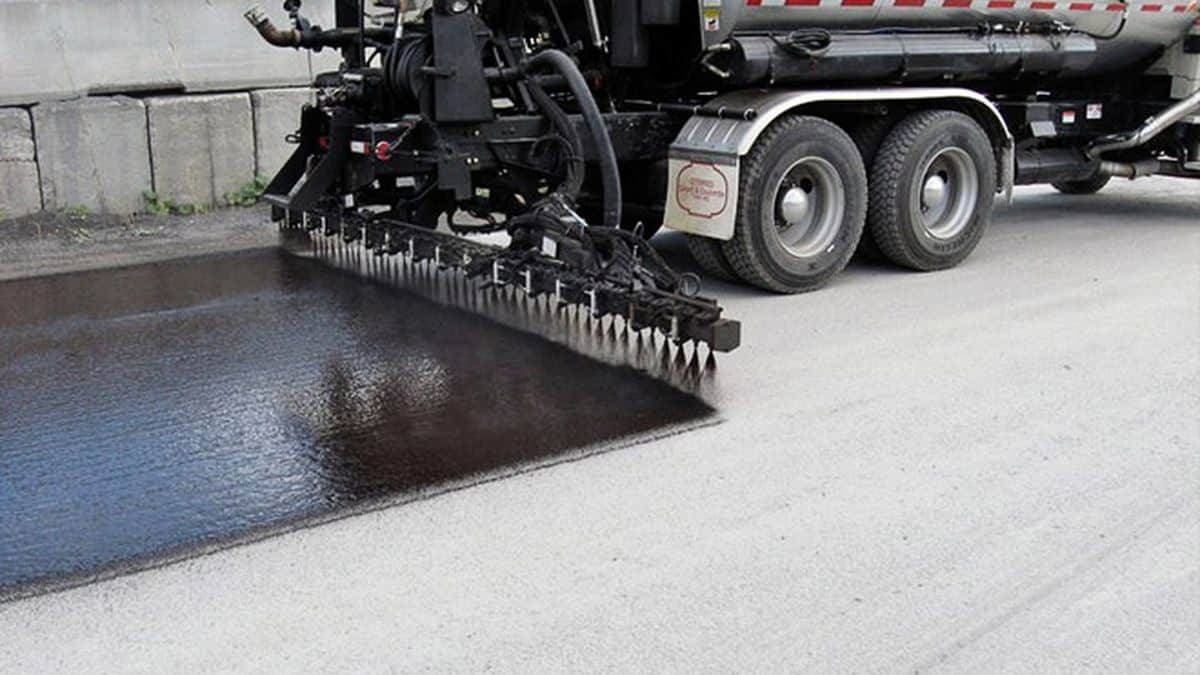
Penetration is a measure of hardness
Typical results are 10 for hard asphalt pavements, 15 to 40 for asphalt roofs, and up to 100 or more for waterproof gilsonite bitumen
Viscosity and fluidity:
The viscosity or flow properties of bitumen are important at high temperatures during processing and application and at low temperatures to which bitumen is exposed during operation
The flux properties of bitumen vary greatly with temperature and load conditions
Softening point:
The softening temperature is the temperature at which a steel ball falls a known distance through the bitumen when the test set is heated at a known rate
Usually the test consists of (3/8) dia
A 3
5-gram steel ball embedded (5/8) in diameter (1/4) in a thick bituminous disc in a copper ring
The entire set heats up at a rate of 9 degrees Fahrenheit per minute
Ductility:
The ductility test is used to determine the amount of bitumen that will expand at a temperature below the softening point
A briquette with a cross-sectional area of 1″2 is placed in a tester at a temperature of 77°F
Plasticity values vary from 0 to over 150 depending on the type of bitumen
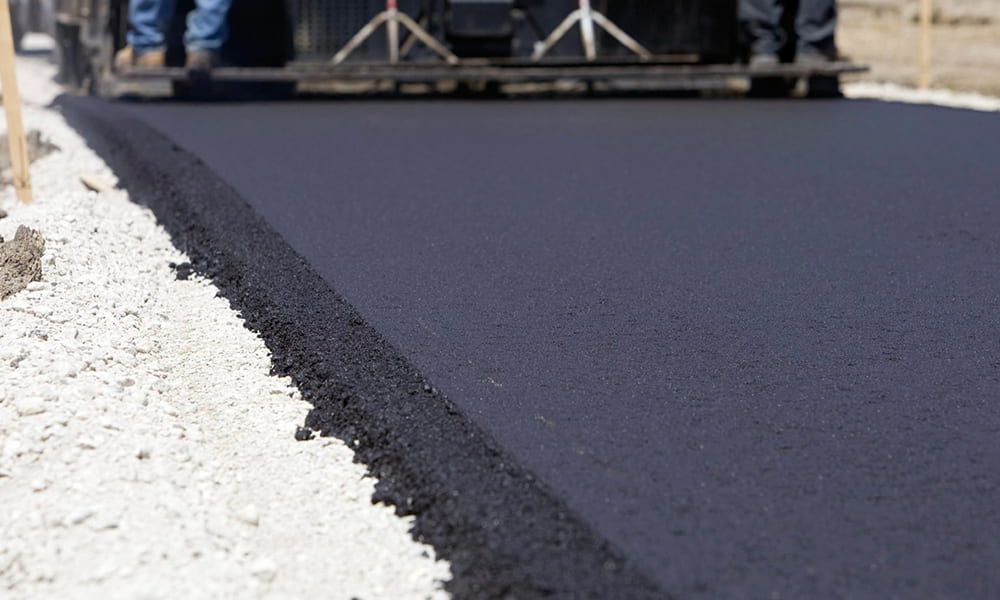
Specific Gravity
The specific gravity of the binder does not affect its behavior
But, despite this, its cost is in demand when making a mix
The drug was determined at 27°C
Durability:
The durability of bitumen indicates the long-term resistance of the material to oxidative hardening in the field
In the presence of oxygen in the air, an excessive cure rate (reduction in toughness) can lead to premature embrittlement of the binder and surface failure, leading to cracking and loss of flakes
ingenuity:
Due to bitumen’s versatility, it is relatively easy to use in many applications due to its thermoplastic properties
It can easily spread over the underlying layers of the pavement as it liquefies when heated to make it easier to work with and solidifies into a solid mass when cooled
Economical:
It is available at lower prices almost all over the world, making it possible and affordable in many applications
Strength:
While coarse aggregate is the main load-bearing component of a pavement, bitumen or asphalt also plays a vital role in distributing the traffic load to the underlying layers
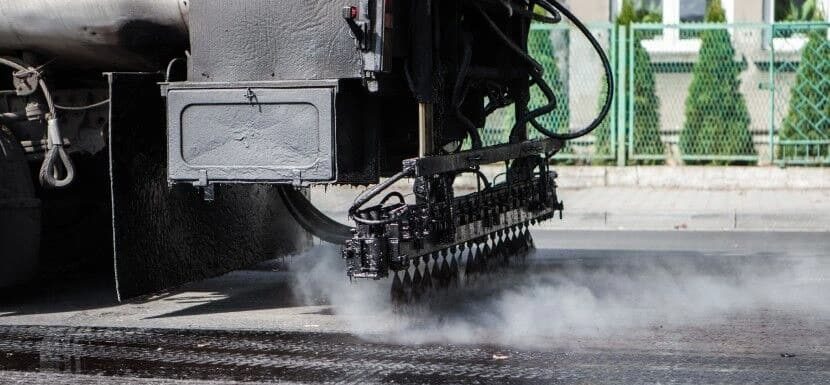
Bituminous emulsions
Bitumen emulsion is a mixture of natural bitumen and water with the addition of an emulsion to maintain the stability of the mixture
The choice of emulsion depends on the electrical tape for the unit
The main use of bitumen emulsion is in road construction and road maintenance, but bitumen emulsions are also widely used in other areas such as roofing in the construction industry
During the last fifteen to twenty years, their use has increased significantly, especially for road purposes
Emulsifiers can be divided into different types depending on the type of emulsifier used to emulsify bitumen, such as anionic, cationic, non-ionic, and amphoteric emulsions
Early emulsifiers used exclusively anionic emulsifiers, usually soaps of long chain fatty acids
Bitumen emulsion grade
Bitumen SS1
Bitumen SS1-H
CMS2 Bitumen
Bitumen TsMS-2N
Bitumen RS2K and Bitumen CRS1
Bitumen CRS2
Bitumen K140
Bitumen K170
Bitumen K3



